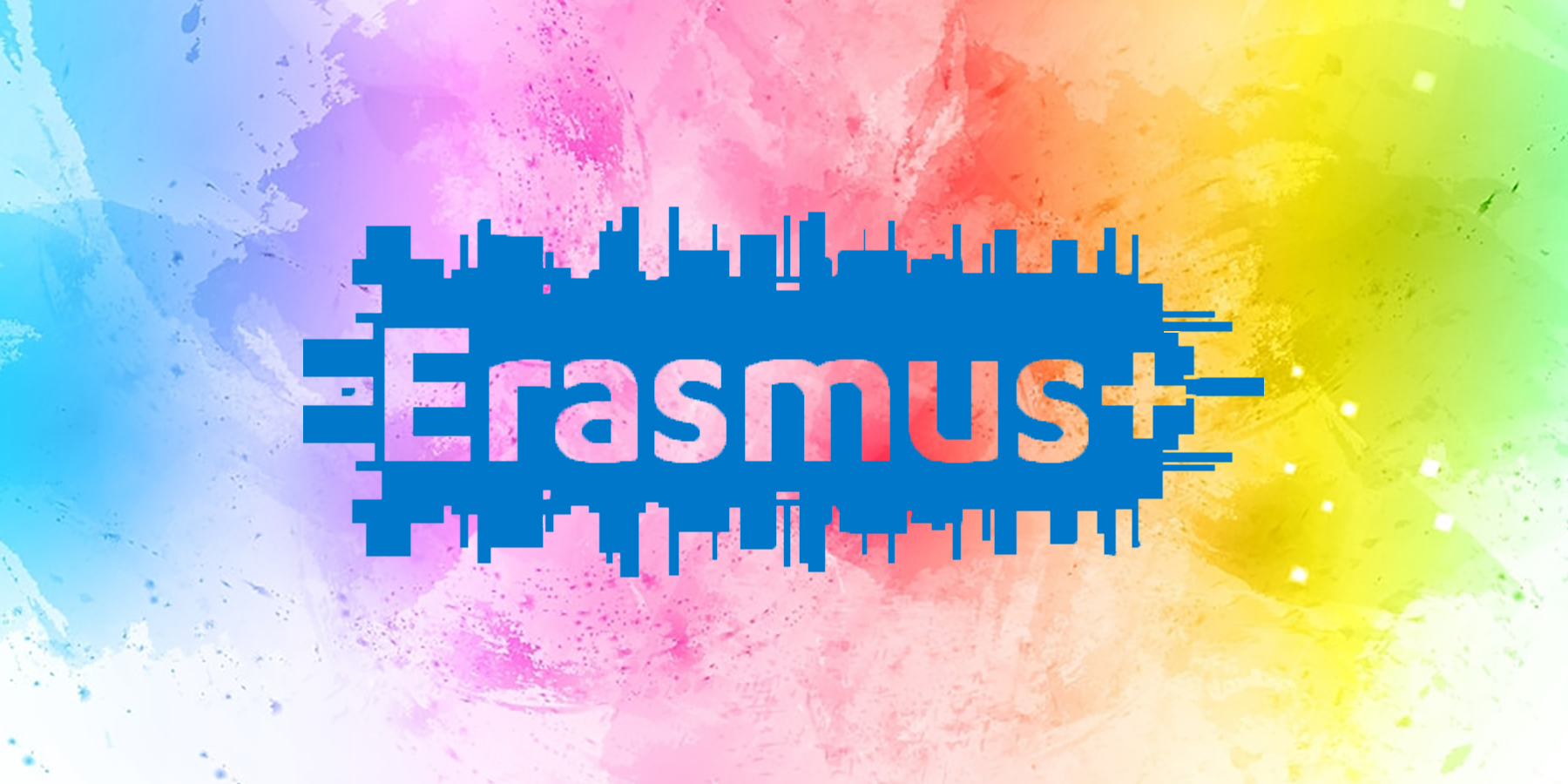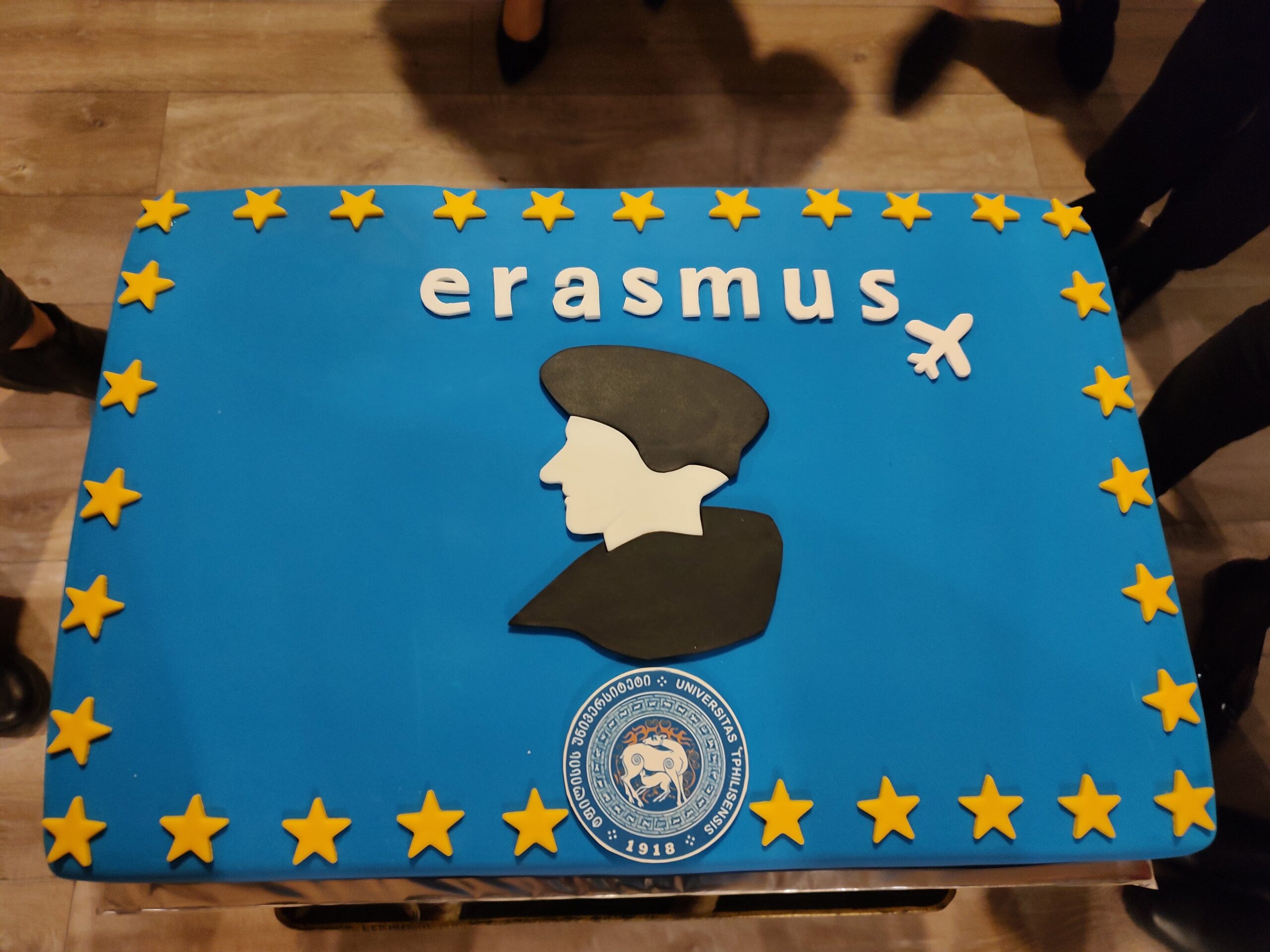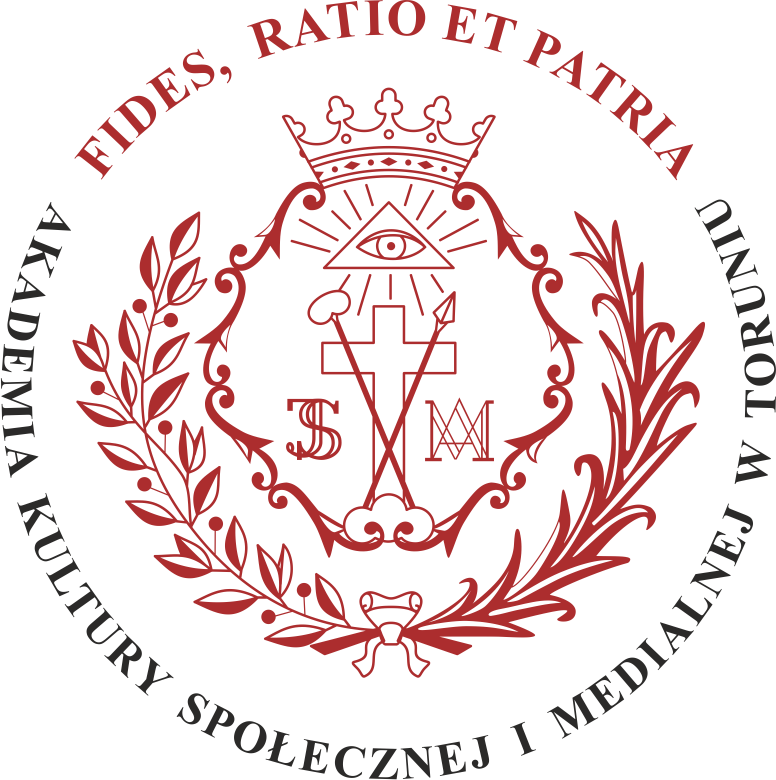#erasmus #mobility #skills #students
Let’s start from scratch: Study abroad and student mobility are seen as positive indicators for enhanced employability, however only when students are able to unpack what they have gained while being abroad. We are all too familiar with a student saying it was ‘great fun’. Even though this was undoubtedly the case, students will need to dive deeper when they want to maximise the employability benefits of their mobility.
It is not only important for higher education institutions to offer different support along the international student lifecycle, but also to have the knowledge and tools on how to support the students in their learning path abroad. A way of doing that is by offering comprehensive and adapted support services and trying to help them reflect on their learning process and the acquired competences, understood as a combination of knowledge, skills and attitudes (KSAs), gained during their exchange experience.
As mentioned before, all stages of the international student lifecycle are important to maximise the student’s learning period. In the returning stage, initiatives and services offered in the home institution could be very valuable: they provide advice and serve as a self-reflection mechanism for reintegration and identification of learning outcomes.
In line with the Erasmus Skills Self-Assessment and webinars that you can share with your students, university staff members can find guidelines to design workshops on European values and culture, European integration and mobility-related skills, attitudes and knowledge, tailored to prepare students prior to the mobility period and facilitating integration upon return.
This way, you will have the necessary key information to prepare training sessions to help students understand the context of their upcoming mobility experience and the challenges and benefits of international mobility experiences.
You might find the self evaluation tool here: https://www.erasmusskills.eu/eskills/tools/workshop-guidelines










… [Trackback]
[…] Here you can find 5179 additional Info to that Topic: ripec-project.eu/discussion/erasmus-skills-unpacking-the-employability-benefits-of-mobility-the-institutional-perspective/ […]
… [Trackback]
[…] Read More on that Topic: ripec-project.eu/discussion/erasmus-skills-unpacking-the-employability-benefits-of-mobility-the-institutional-perspective/ […]
… [Trackback]
[…] Find More Info here on that Topic: ripec-project.eu/discussion/erasmus-skills-unpacking-the-employability-benefits-of-mobility-the-institutional-perspective/ […]
… [Trackback]
[…] Here you will find 11763 additional Information on that Topic: ripec-project.eu/discussion/erasmus-skills-unpacking-the-employability-benefits-of-mobility-the-institutional-perspective/ […]
… [Trackback]
[…] Info to that Topic: ripec-project.eu/discussion/erasmus-skills-unpacking-the-employability-benefits-of-mobility-the-institutional-perspective/ […]
… [Trackback]
[…] Find More Information here on that Topic: ripec-project.eu/discussion/erasmus-skills-unpacking-the-employability-benefits-of-mobility-the-institutional-perspective/ […]
… [Trackback]
[…] Find More on to that Topic: ripec-project.eu/discussion/erasmus-skills-unpacking-the-employability-benefits-of-mobility-the-institutional-perspective/ […]
… [Trackback]
[…] Find More here to that Topic: ripec-project.eu/discussion/erasmus-skills-unpacking-the-employability-benefits-of-mobility-the-institutional-perspective/ […]
… [Trackback]
[…] Find More to that Topic: ripec-project.eu/discussion/erasmus-skills-unpacking-the-employability-benefits-of-mobility-the-institutional-perspective/ […]
… [Trackback]
[…] Read More to that Topic: ripec-project.eu/discussion/erasmus-skills-unpacking-the-employability-benefits-of-mobility-the-institutional-perspective/ […]
… [Trackback]
[…] Read More on to that Topic: ripec-project.eu/discussion/erasmus-skills-unpacking-the-employability-benefits-of-mobility-the-institutional-perspective/ […]
… [Trackback]
[…] Read More on on that Topic: ripec-project.eu/discussion/erasmus-skills-unpacking-the-employability-benefits-of-mobility-the-institutional-perspective/ […]
… [Trackback]
[…] Here you can find 57987 more Information to that Topic: ripec-project.eu/discussion/erasmus-skills-unpacking-the-employability-benefits-of-mobility-the-institutional-perspective/ […]
… [Trackback]
[…] Read More here on that Topic: ripec-project.eu/discussion/erasmus-skills-unpacking-the-employability-benefits-of-mobility-the-institutional-perspective/ […]
… [Trackback]
[…] There you can find 48674 additional Information on that Topic: ripec-project.eu/discussion/erasmus-skills-unpacking-the-employability-benefits-of-mobility-the-institutional-perspective/ […]
… [Trackback]
[…] Read More Info here to that Topic: ripec-project.eu/discussion/erasmus-skills-unpacking-the-employability-benefits-of-mobility-the-institutional-perspective/ […]
… [Trackback]
[…] Find More to that Topic: ripec-project.eu/discussion/erasmus-skills-unpacking-the-employability-benefits-of-mobility-the-institutional-perspective/ […]
… [Trackback]
[…] Read More to that Topic: ripec-project.eu/discussion/erasmus-skills-unpacking-the-employability-benefits-of-mobility-the-institutional-perspective/ […]
… [Trackback]
[…] Read More here on that Topic: ripec-project.eu/discussion/erasmus-skills-unpacking-the-employability-benefits-of-mobility-the-institutional-perspective/ […]
… [Trackback]
[…] Find More on to that Topic: ripec-project.eu/discussion/erasmus-skills-unpacking-the-employability-benefits-of-mobility-the-institutional-perspective/ […]
… [Trackback]
[…] Read More Info here on that Topic: ripec-project.eu/discussion/erasmus-skills-unpacking-the-employability-benefits-of-mobility-the-institutional-perspective/ […]
… [Trackback]
[…] There you can find 51332 additional Info on that Topic: ripec-project.eu/discussion/erasmus-skills-unpacking-the-employability-benefits-of-mobility-the-institutional-perspective/ […]
… [Trackback]
[…] Read More Info here on that Topic: ripec-project.eu/discussion/erasmus-skills-unpacking-the-employability-benefits-of-mobility-the-institutional-perspective/ […]
… [Trackback]
[…] Read More on that Topic: ripec-project.eu/discussion/erasmus-skills-unpacking-the-employability-benefits-of-mobility-the-institutional-perspective/ […]